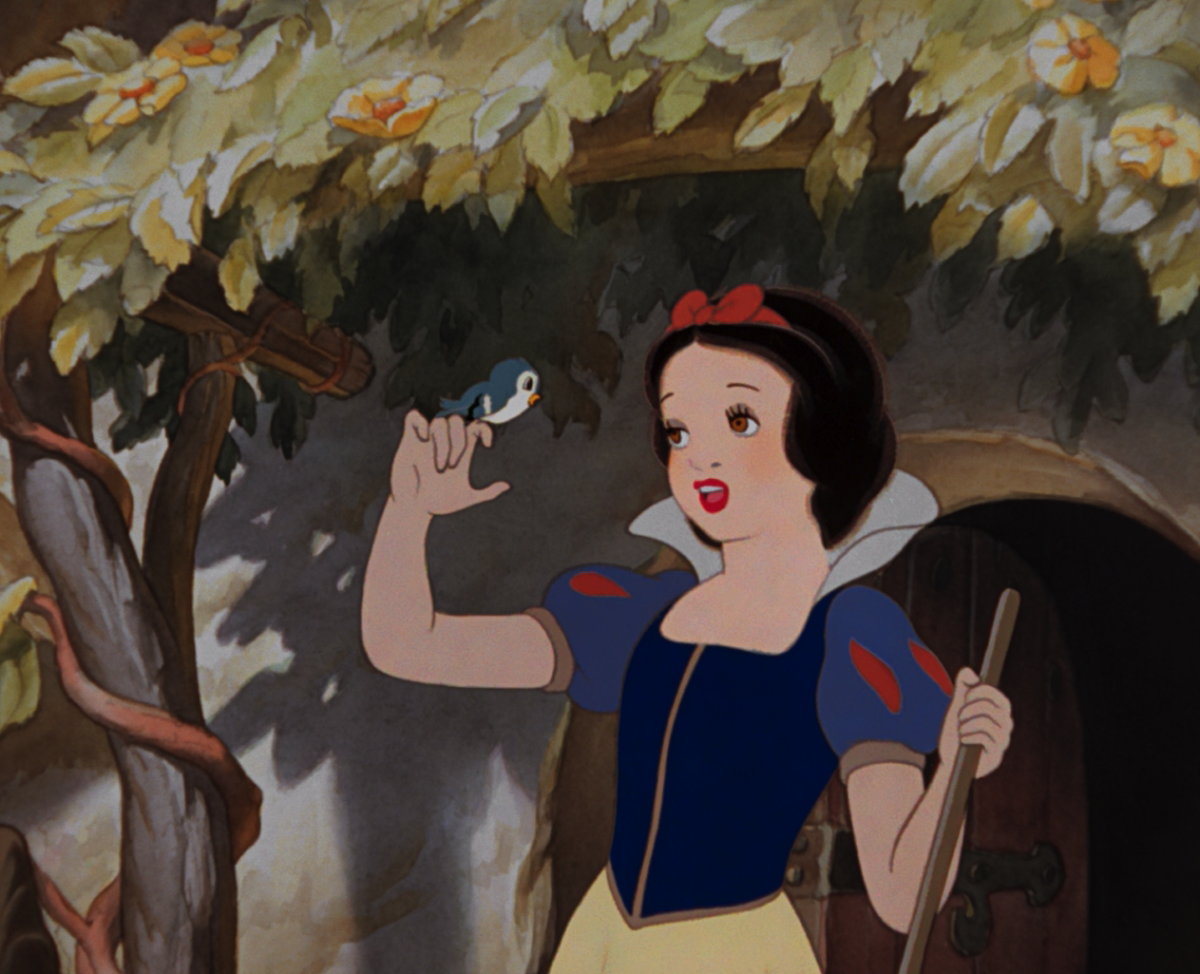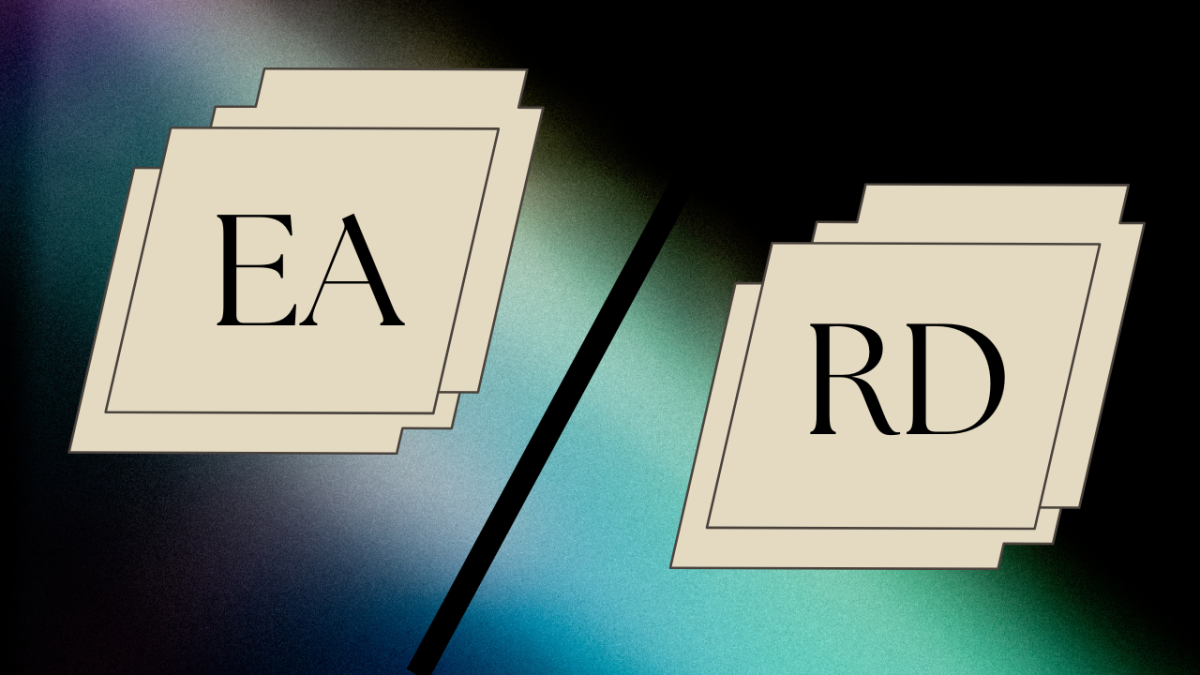Today, the influence of social media on numerous students at MRHS’ everyday vocabulary is prominent, as internet slang weaves throughout casual conversation. Certain words stick, while others become quickly irrelevant. How do these words evolve? Where do they come from?
For many popular phrases, meme culture is at the forefront. For memes to exist, a universal understanding of references and similar wavelengths of humor is crucial. The inherent virality that comes with these phrases relies on absurdity, recently described as “brain-rot.”
“Lots of words nowadays would be referred to as brain-rot, which would indicate that the person saying them would be quite stupid, or deeply connected to technology in a negative way,” stated sophomore Abigail Lyu.
Brain-rot not only refers to words solely discovered from the internet, but the greater issue of the internet morphing the way we talk. Words and phrases related to brain-rot include ‘skibidi toilet,’ ‘hawk-tuah’ and ‘rizz.’ Among teenagers, these are typically used satirically. Despite the overwhelming amount of internet verbiage containing brain-rot, some have noted the positive aspects gained from internet vocabulary.
“A term is overused once it’s lost its meaning and left its original atmosphere… A great part of the internet is being able to share things you have no idea about. Like ballroom culture, I would have no idea about it if it weren’t for [the internet],” expressed sophomore Tyler Curtis.
Though seemingly innocuous, some say that labeling ballroom lingo as “internet slang” could be a form of appropriation. The popularization of shows like Pose and RuPaul’s Drag Race catapulted the underground slang into the mainstream. The issue comes in when people outside the community use phrases without learning the meaning, or when companies capitalize on it. Learning where internet slang may come from can be greatly informative. This can prevent phrases from becoming tired and overdone.
“I think the words I use are usually from Tiktok, but I feel like TikTok is just reposting stuff from Tumblr or Twitter [Now ‘X’]… Tiktok is inherently unoriginal— that’s just part of the platform,” stated Curtis.
Many of these phrases get into teenagers’ vocabulary via Tiktok, but they typically originate from other platforms’ niche communities. When these references gain more traction, the original meaning becomes obsolete, able to be used by the masses through Tiktok.. Tiktok is important because it’s typically what transports internet slang into the mainstream, as it is widely used.
“I think [internet slang] reflects that our age group is online a lot… we’re so easy to influence,” said Sophia Shaw.
The reason majority of words get picked up by people is because the influence of social media is prevalent among young people. Though the usage of internet words can seem silly, the way these words bond teenagers is undeniable. Internet verbiage connects people to underground subcultures and creates a stronger connection amongst teenagers.
Categories:
The Effect of Internet Culture on Teenage Verbiage
More to Discover
About the Contributors

Haewan Kibret, Staff Writer
My name is Haewan Kibret. I’m a sophomore and this is my first year taking journalism. In my free time, I like to play volleyball. I’m not on the school’s team, but I play for a club team in Baltimore. Some other things I enjoy doing are listening to music, reading, and cycling.

Sophia Kibler, Staff Writer
My name is Sophia Kibler and I’m a sophomore. This is my first year taking journalism. I do some out of school volunteering, and I enjoy listening to music, my favorite artist is Bjork, and watching movies and reviewing them. I also like to ride my bike and hang out. I’m super excited to be in journalism!








